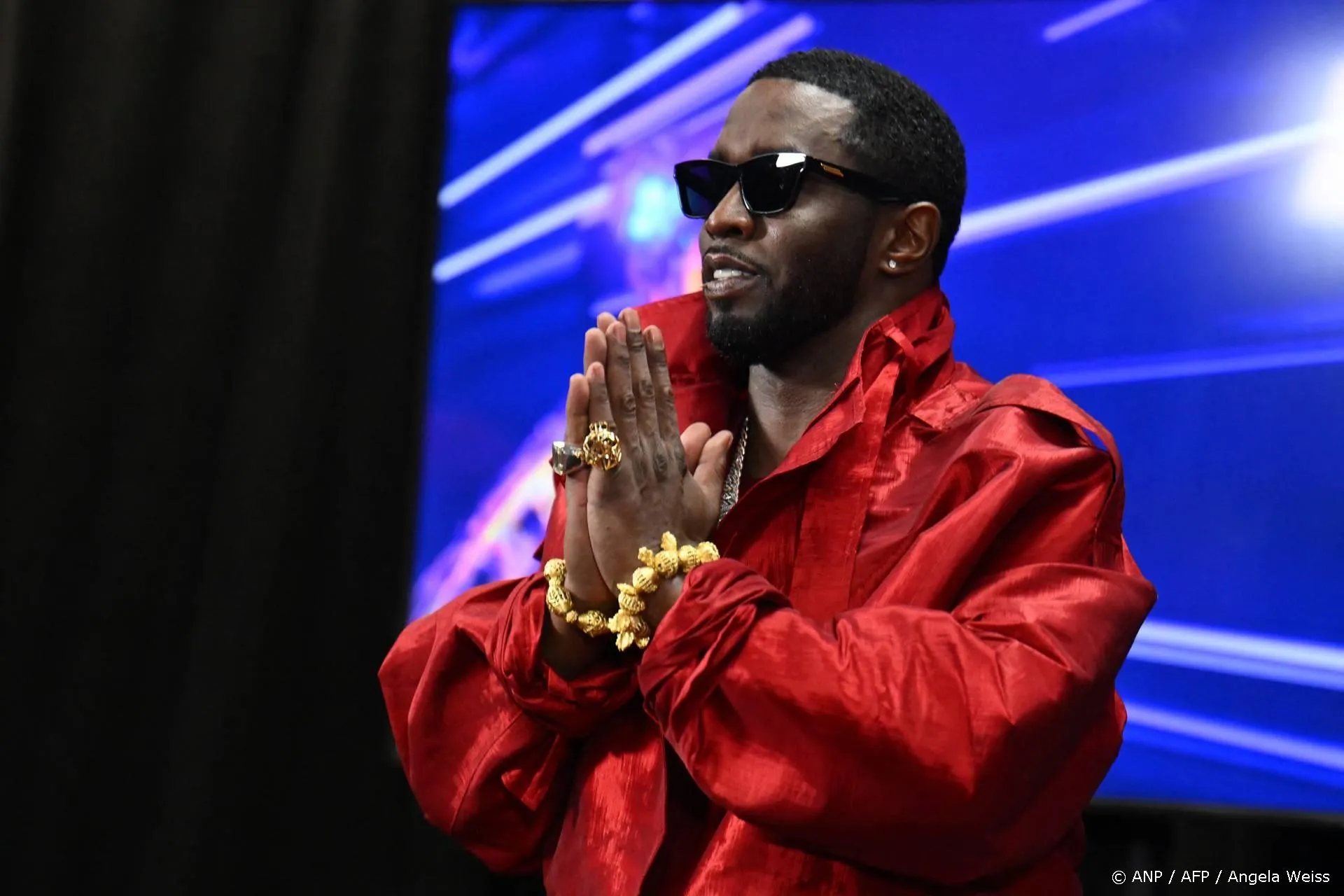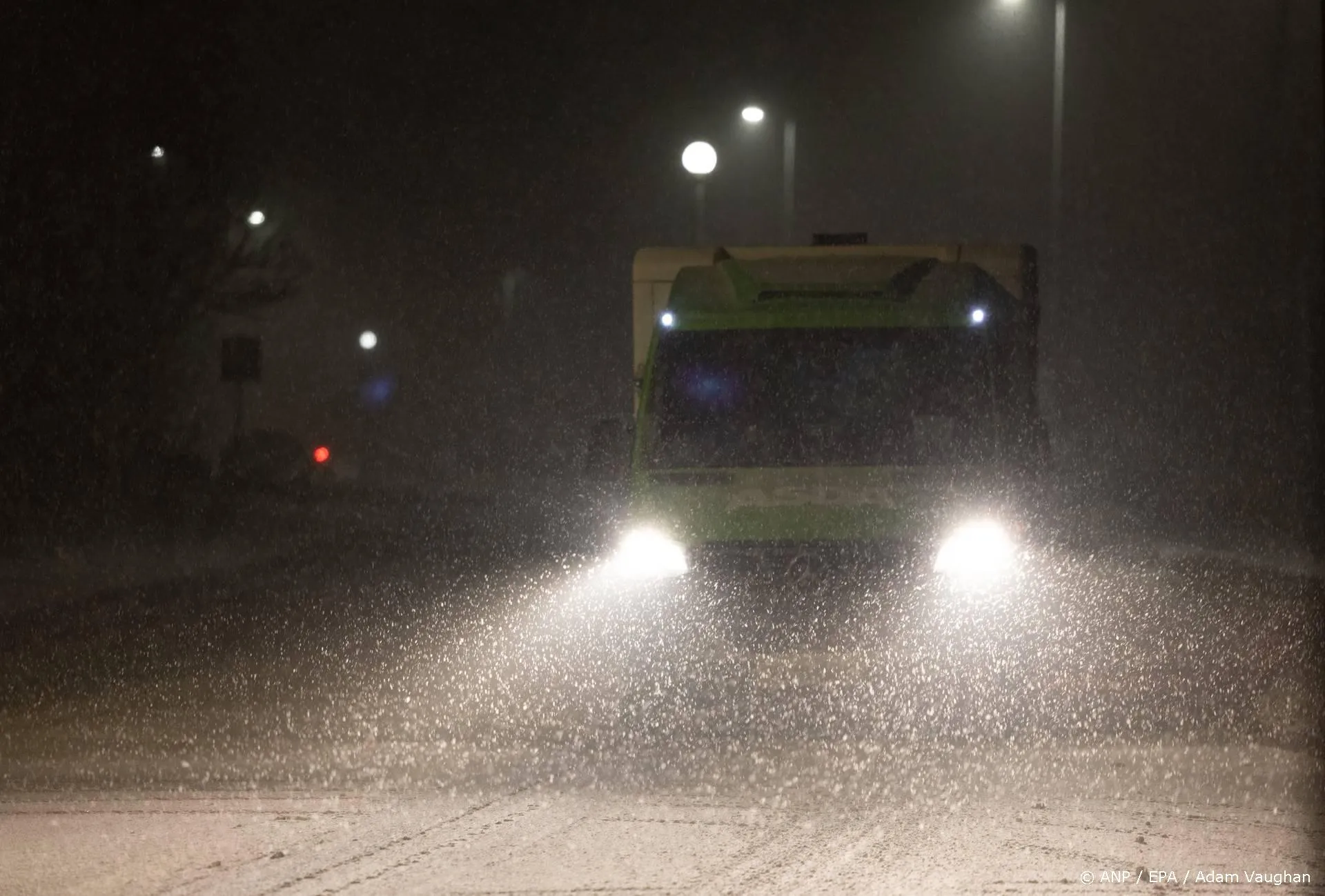Marcel Crok over Fritz Vahrenholt: een optimistische boodschap
De wetenschapsjournalist Marcel Crok heeft het weer eens grondig aangepakt, zoals we inmiddels van hem gewend zijn. Hij is naar Essen afgereisd voor een persoonlijk interview met Fritz Vahrenholt, die met zijn boek 'Die Kalte Sonne' (coauteur Sebastian Lüning) het klimaatdebat in Duitsland heeft opengebroken.
Het resultaat van het vraaggesprek werd afgedrukt in de onvolprezen 'European Energy Review' (EER).
De Duitse groenen en media konden niet om Vahrenholt heen, want hij heeft ooit een kritisch boek over de chemische industrie geschreven, waarmee hij zijn groene geloofspapieren verwierf en één van hen werd. Daarnaast was hij altijd een fervent voorstander van duurzame energie, vooral windenergie. Toen hij de sommetjes nog eens narekende, veranderde hij echter van mening.
Ik citeer:
"The sun is giving us time to come up with smarter solutions for the Energiewende"
Fritz Vahrenholt, head of the renewable energy arm of RWE and a former hero of the German environmental movement, has been derided in Germany as a lobbyist for the fossil fuel sector after he published a book highly critical of the global warming consensus. But Vahrenholt's message is far from simplistic. He supports the idea of an "Energy Transformation", but argues that the current German approach is too costly and even counterproductive. Germany's renewable energy policies are undermining the country's biodiversity and destroying its forests, he says in an interview with EER. He is convinced that the contribution of CO2 to global warming is being exaggerated and that there is more time to come to genuinely sustainable solutions. "We run the risk of destroying the foundations of our prosperity."
For decades he was a hero of the German environmental movement, but with the recent publication of his book Die Kalte Sonne (The Forgotten Sun) Fritz Vahrenholt (62) has become something of a public enemy to the climate-minded Germans. The subtitle of the book is: "Why the climate catastrophe is not taking place" (Warum die Klimakatastrophe nicht statt findet). The title and subtitle together sum up the main message of the book: there is climate change due to anthropogenic greenhouse gases, but the influence of the sun has so far been underestimated. As the sun is heading towards a more inactive phase we will not get a climate catastrophe in the next century.
Although this can be viewed as a positive message, many people in Germany dont see it that way. The book has been severely criticized in German quality newspapers although a more popular newspaper like Bild shouted 'The CO2 Lie' in a headline. Die Zeit called him 'Störenfritz', troublemaker Fritz. A planned lecture at the University of Osnabrück was cancelled because the university found the topic too provocative.
Meanwhile the book is selling very well (22,000 so far) and for this reason some newspapers are already comparing him with Thilo Sarrazin, the controversial politician who published the book Deutschland schafft sich ab (Germany Abolishes Itself) in which Sarrazin criticized German immigration politics. Sarrazin had to give up his job at the Deutsche Bundesbank but he sold a spectacular 1.2 million copies of his book.
Marcel Crok vroeg Vahrenholt wat hem er toe had bewogen om een gedetailleerde boek over het klimaatdebat te schrijven. Immers, Vahrenholt was verantwoordelijk voor het produceren van duurzame energie en de daarmee verbonden broodwinning voor bijna 1500 medewerkers.
Vahrenholt:
This was directly related to my work. Every year RWE invests 1.2 billion euros in RWE Innogy. But in 2009 there was little wind in the UK, the Netherlands, Germany, Poland and our profits went down. During the annual meeting, Jürgen Großmann, the CEO of RWE, said to me: I give you so much money, but you bring back too little, whats going on? I said there is no wind. He said come on, next year I dont want to hear the same excuse. But 2010 was again not very windy as was 2011. However, the climate models of the IPCC (Intergovernmental Panel on Climate Change, the UN body which coordinates international climate research, editor) said the rise of CO2 concentrations would lead to more wind in Northern Europe! I started looking in the scientific literature and found out the lack of wind had nothing to do with CO2 and global warming. In our region the weather is influenced by the North Atlantic Oscillation (NAO), a natural cycle with a period of about 60 years. For 30 years you have more wind in the winter, for 30 years less. And if there is less wind the winters are colder, like they were in 2009 and 2010. I published my findings in an op-ed in Die Welt in 2010. I was criticized by Stefan Rahmstorf, a well-known and influential German climate scientist. Sebastian Lüning then wrote in a reaction on Rahmstorfs blog there was some merit in my analysis. I discovered that Lüning also worked for RWE and that we actually worked in the same building in Hamburg. We decided to team up and two years later we finished the book. ...
In Germany the Energiewende (energy transition) is mainly driven by fear of climate change. There is a generally accepted idea that global warming or climate change is the major environmental crisis facing us and that we have to act now. In my opinion this leads to hasty measures which cost the German economy many billions of euros. So when Sebastian and I realized we are being misinformed by the climate establishment, a book was the logical consequence. ...
Op de vraag van Marcel Crok of het VN-klimaatpanel misschien een vertekend beeld schetste van de klimaat'problematiek' antwoordde Vahrenholt:
For years I believed the science of the IPCC was solid. I had the famous hockey stick graph (a graph purporting to show that current global temperatures are by far the highest in the last 1000 years, editor) in all my presentations. But then I read the book The Hockey Stick Illusion by Andrew Montford, which is very critical about this graph. Slowly I started to realize we have been misguided by the IPCC about the natural fluctuations in the climate in the past thousands of years. The whole purpose of the IPCC has been to get rid of the so-called Medieval Warm Period, a warm period around the year 1000 when the Vikings settled on Greenland and were able to live there for a couple of centuries. After this warm period we have had the Little Ice Age which coincided with a very quiet sun. Many papers have been published in the last few years which show that the Little Ice Age was not a local European phenomena, as the IPCC suggests. So yes, the IPCC has underestimated the natural fluctuations of the climate and overestimated the role of CO2.
In 2010 I was asked to review a special IPCC report on renewable energy. I noted many errors and in the end someone from Greenpeace edited a main part of the summary of the report. A Greenpeace scenario, claiming that in 2050 we can produce 80 percent of our energy with renewables was presented as one of the major conclusions. The approach was not very scientific and I started wondering how other IPCC reports were being made.
I found out that one third of the core writing team of the Summary for Policymakers in 2007 had connections with Greenpeace and WWF. Now I dont claim this proves the report is false, but suppose that people found out that IPCC summary reports were written by people with connections to Exxon or Shell, would that be acceptable?
The IPCC is first of all a political organization. Most of the 31 members of the IPCC Secretary come from developing countries like Sudan, Madagascar, Iran or Cuba. These countries are mainly interested in having money transferred from the north to the south. From that perspective it is understandable that they do not support the view that the sun is playing a major role in global warming. ...
The IPCC has underestimated the influence of a natural 60 year cycle, which is dominated by the Pacific Decadal Oscillation and the Atlantic Multidecadal Oscillation. The climate models cannot yet simulate these natural variations. So part of the recent warming was not caused by CO2. These oscillations now move from their warm to their cooler phase. And at the same time the sun is moving to an inactive phase. We therefore expect cooling to at least 2035 and maybe even 2050. But we do expect a modest warming from greenhouse gases in 2100, in the order of one degree Celsius. So the good news is that we can stay below the two degree target. The sun is giving us time to make sensible decisions about the energy transition.
Het interview gaat verder uitgebreid in op tal van andere aspecten van de klimaat'problematiek'. De vragen zijn helder en scherp de antwoorden zijn nuchter, feitelijk en verstandig. Zouden de feiten de Duitsers en anderen nu dan eindelijk van die vermaledijde klimaathysterie kunnen bevrijden?
Ga verder met lezen
Dit vind je misschien ook leuk
Laat mensen jouw mening weten
Lees ook
Loading


